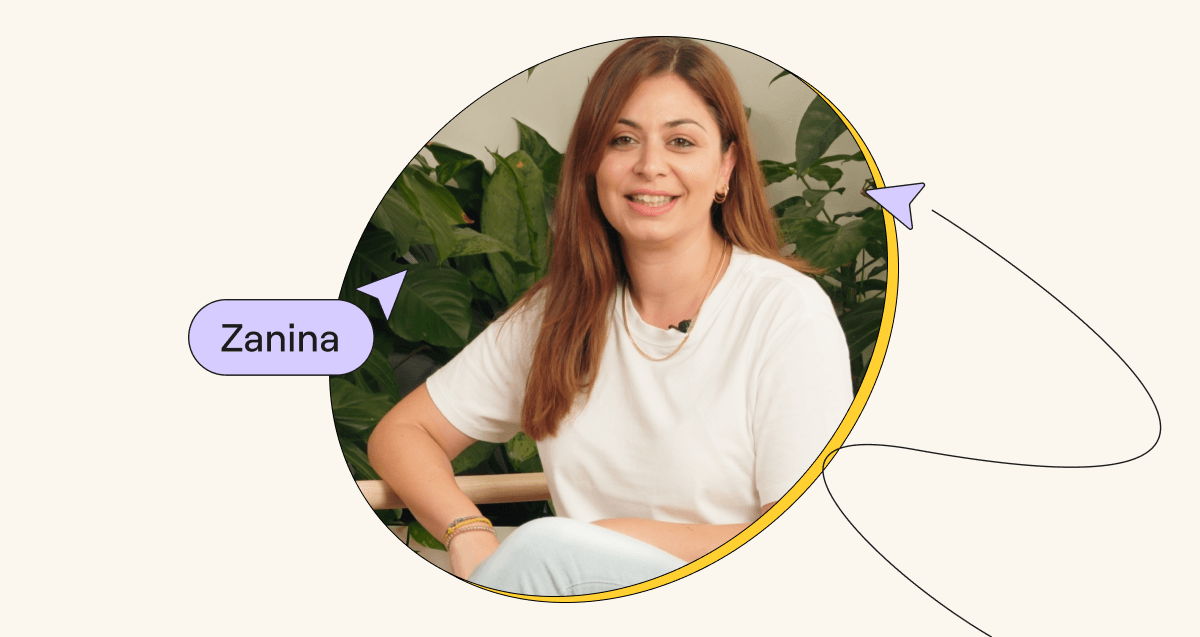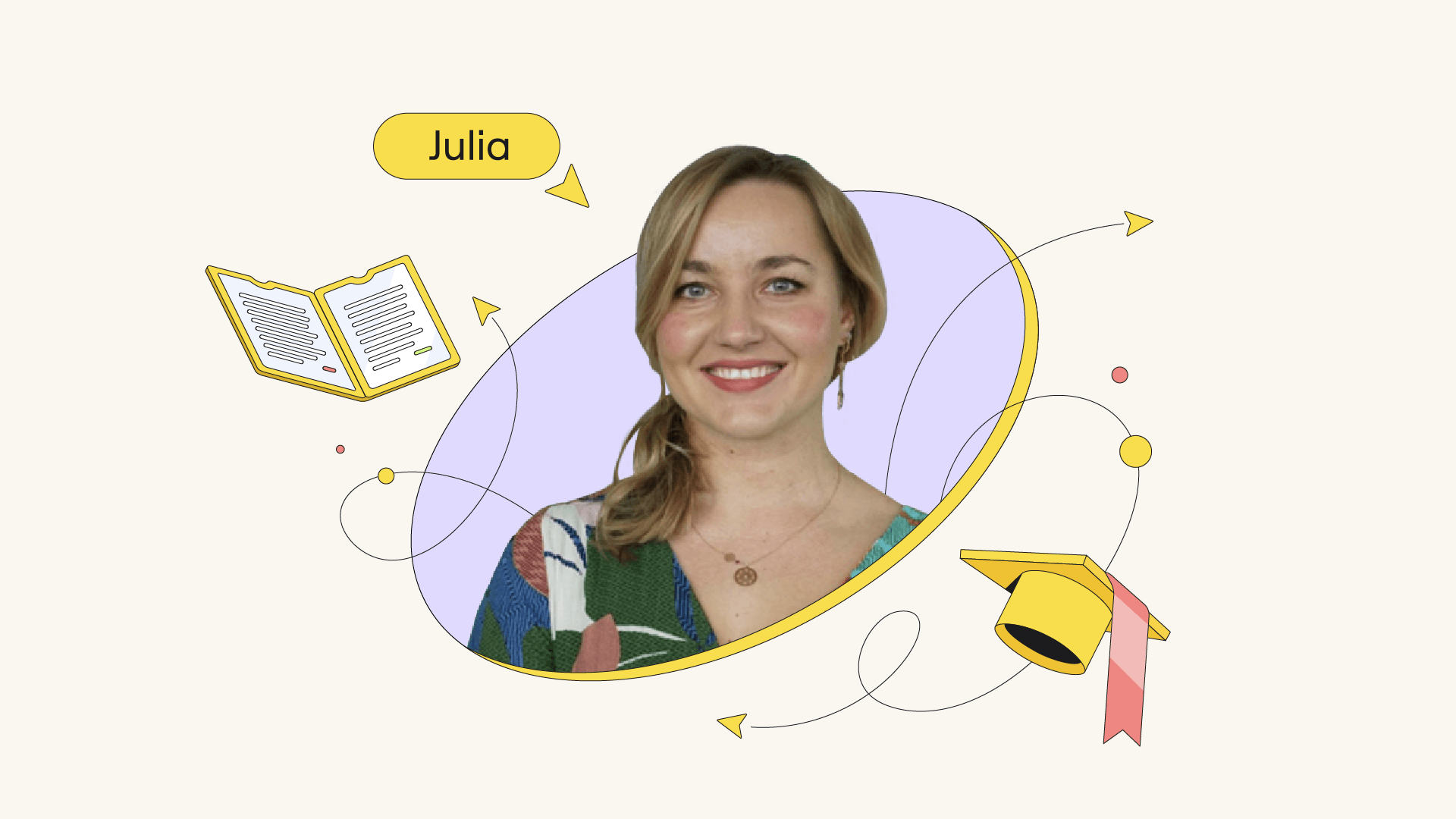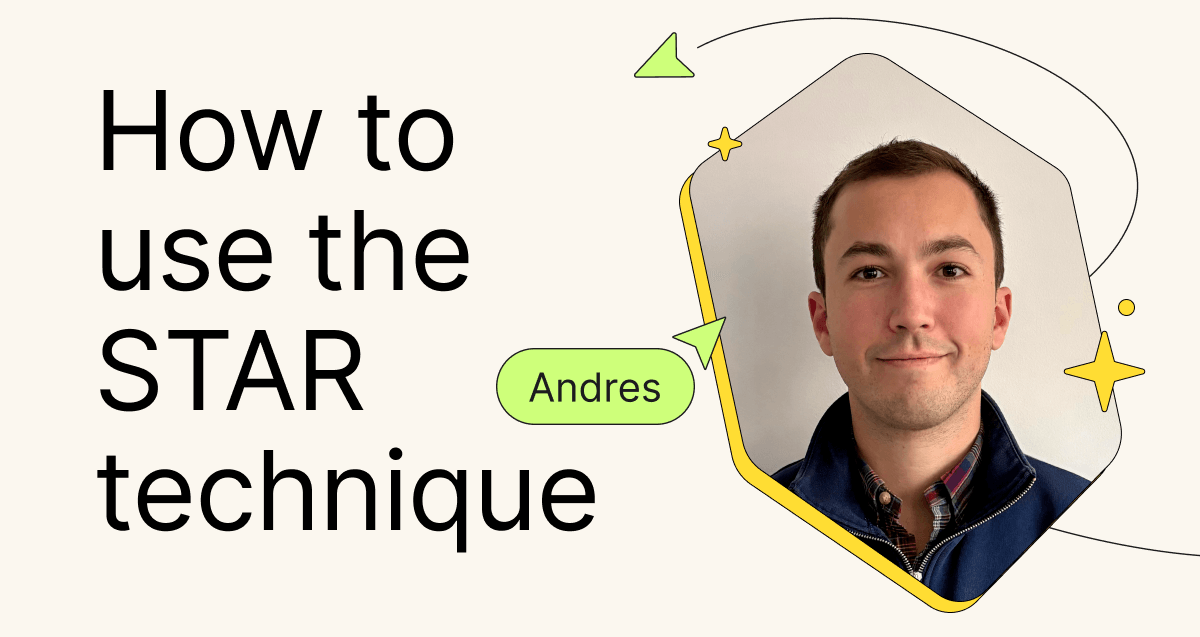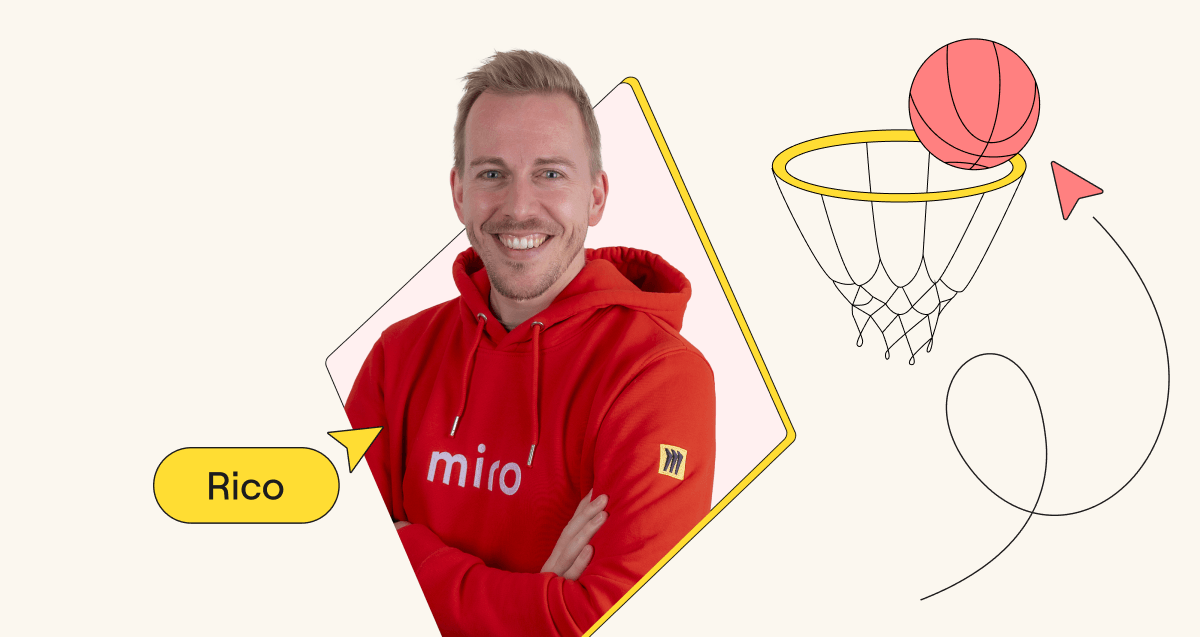Interviewing has changed a lot since I first started in recruitment – and in my opinion, that change has been for the better. With an increased focus on diverse hiring practices and tackling biases, candidates have never had a better chance of finding the role that’s right for them.
Here at Miro, we want to create a space where talented people can add to our culture and our product, and that mission influences everything we do. To make that mission a reality, the Miro Recruitment team takes on a structured process to combat unconscious biases and make sure candidates get the fairest chance possible. Today, I’m going to talk to you about those structural processes and how we work to build a future of work that’s more inclusive than ever before.
Unconscious biases 101
In an interviewing process, candidates can be affected by two kinds of biases: conscious and unconscious. A conscious bias means you’re aware that you’re carrying a social stereotype about a group (or groups) of people that works against them. That’s never a good thing. But an unconscious bias means carrying a social stereotype about a group of people, and you don’t even know that you’re carrying it. There are more than 180 possible unconscious biases that can come up in the workplace, according to data compiled by the University of California San Francisco.
Miro’s Recruitment team is dedicated to combating all forms of biases in the interview process. We understand that we cannot entirely avoid unconscious biases, but by using best practices, training, methodologies, and structured processes in our interview hiring processes, we’re trying to eliminate them as much as possible.
Awareness and training
Every new hiring manager at Miro goes through an extensive training session with great focus on how to avoid unconscious bias during a job interview. We also make sure to onboard anyone involved in the hiring process (including the team interview panel) via our Global Interviewer program that combines synchronous and asynchronous methods, to make sure everyone is on the same page. We focus on raising awareness of the topic and share best practices on how to best avoid the trap of bias. Our Learning and Development team is hard at work creating a brand new training that teaches cross-cultural dialogue skills to anyone interested in hiring globally. Throughout all of these approaches, we acknowledge that we can make mistakes, and iterate as we go – just like with our product.
Every candidate is a perfect 10
When we receive a new candidate for a position at Miro, we immediately treat them as if they’re already a “strong yes.” That means handling candidates as if they’re exactly what we’re looking for, and use many steps of the interview process to help us identify whether that’s ultimately true or not. We prep you as much as we can with materials and information about our interview process so that you feel prepared. Taking this approach allows us to immediately start from a place of pro-candidate, instead of taking a more negative and exclusionary stance, (“Prove why you belong here”). We want our candidates to succeed – because then we get what we want, and so do you!
To help that mindset flourish, the Miro Recruitment team has designed a structural process for identifying whether a candidate has the skills necessary for a position. When building a job listing, we start by working with the hiring team to map out a matrix of competencies and skills needed for the position, and then translate that matrix into specific questions. This matrix then becomes the primary tool for assessing candidates. What we’re finding as we implement this strategy is that we’re able to eliminate the generic, biased “I got a vibe” answer that interviewers sometimes gave in the past. We are looking for “evidence” of your past experience that matches our requirements for the role. And we will continue until we find evidence. Every hiring decision is based on data.
Tapping into the past to build the future
At Miro, we try to avoid hypothetical questions like, “What would you do if you won $1 million?” First of all, most answers would be something along the lines of, “I would quit my job, buy an island, and never work again.” Not exactly a productive answer for us when we’re looking to fill a position.
Instead, we stick to behavioral interview questions. This means tapping into a candidate’s past experience to help them provide us with evidence that proves they’re the right person for the job. Our interviewers ask questions like, “Tell us about a time where you worked with someone whose communication style differed from your own. How did you work across those differences?” To help prepare candidates for questions like these, we encourage candidates to use the STAR method and provide them with any information they need, from how to implement feedback to how to talk about compensation. With behavioral interview questions and ample time to prepare, candidates’ answers tend to be much more robust than they might be to something hypothetical – and we get a much better picture of who you are in the process.
Using debriefs to eliminate groupthink
Conformity bias – the tendency to change one’s opinions or behaviors to fit in with others – can easily sneak into any interview process if you’re not too careful. In an unstructured interview debrief, four interviewers might come into the debrief with differing opinions and leave with the same one: “I love Sonny, I think she’s a perfect fit.” “Oh, me too.” “Definitely.” “Sounds like this is the plan, then, we’re hiring Sonny.”
In order to avoid conformity bias, we strategically use a structured and evidence based approach to debriefs. Each interviewer is given a focus area in which they’ll evaluate each candidate. Before anyone comes into a room together, every interviewer fills out an evaluation form based on their focus area and on the skills matrix designed prior to opening the hiring process. Answers get locked down before discussion, and interviewers are asked not to speak with each other before submitting their answer. During the debrief session, everyone shares their experience, assessment and evidence they discovered during the interviews. Hiring Manager speaks last and we make a decision much less susceptible to conformity bias since the whole process is based on such best practices.
How you can avoid contributing to bias when applying for a role
The Miro Recruitment team receives hundreds of resumes on a daily basis. I myself can receive 100 in just one day! This means that drafting your resume in a wise way is crucial, and helps defend you against any unconscious biases that might come up when a recruiter is trying their best to move through lots of materials. Here are a couple of my top tips for designing your submission materials to set yourself up for success.
Keep most of your personal information to your first interview
I often receive CVs that contain dates of birth, weight and height, personal addresses, even photographs. For the job profiles that Miro is hiring for, I don’t need or want any of that – I’m primarily interested in your education, work experience, and professional background. But that doesn’t mean I don’t want to know who you are! When the camera clicks on for our first interview, I love hearing from candidates about their families, hobbies, and identities. Knowing where to place that information and when can make a world of difference.
Be yourself
This can seem like an obvious one, but remember: at Miro, we’re already thinking of you as the perfect candidate from the moment you submit your application. So when you write out your resume and cover letter, remember that we’re already rooting for you, and let that energy help you clearly express your professional history and your dreams for the future.
Iterate, learn, and improve
There’s always room to grow when it comes to avoiding bias in the interview process. By taking the time to spread awareness, establish methodologies and structured processes, and provide candidates with clear directives, we at Miro are working to fight unconscious bias and continue our growth.






